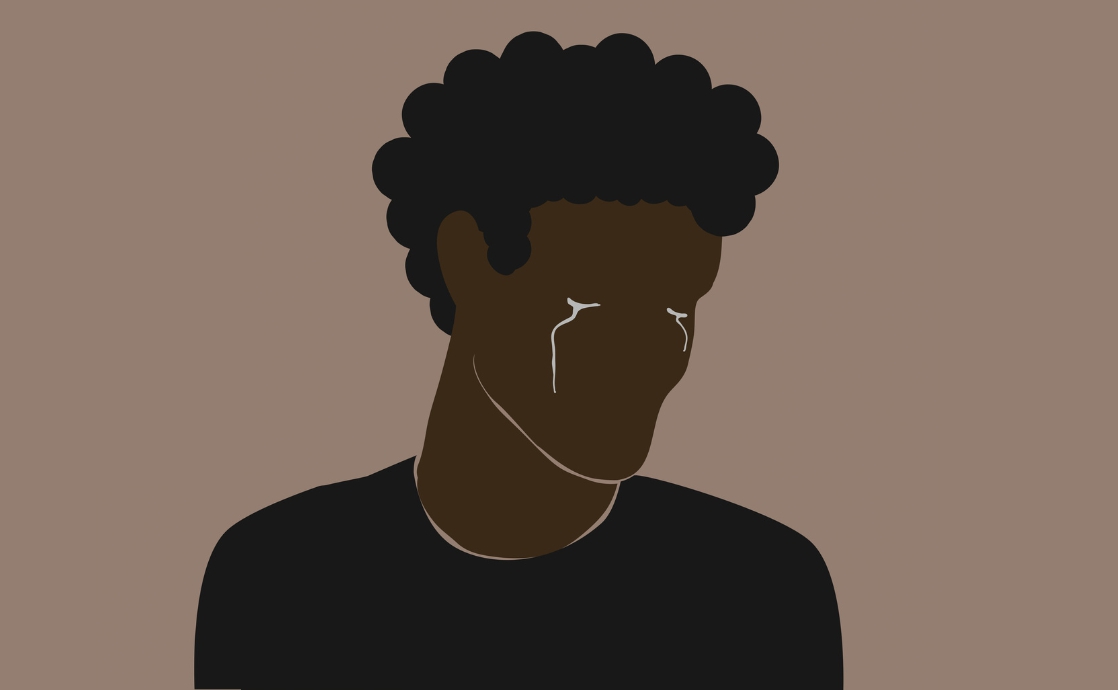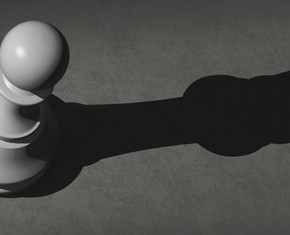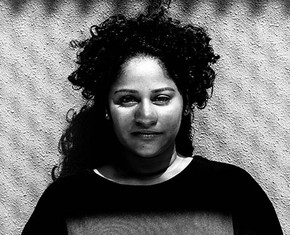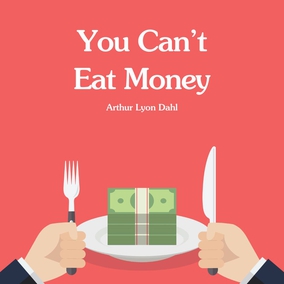The views expressed in our content reflect individual perspectives and do not represent the authoritative views of the Baha'i Faith.
The American Psychological Association recently warned us that “traditional masculinity ideology” has negative effects on mental and physical health – not only for men, but for all people.
So what are those traditional masculinity traits, and how can we change them?
When I was a small child, one of my favorite relatives died – an aunt who I dearly loved. I felt enormously saddened by her passing, and my tears flowed freely. My father saw me weeping and dismissively said “Big boys don’t cry!”
I learned a hard lesson from that episode, and that lesson has definitely had a negative lifelong effect on me – when tragedies occur, I find it hard to express my sadness. I bottle up my emotions stoically. It’s not voluntary, because I don’t actually want to stifle my feelings – it’s an early learned behavior, driven into me by my male role models when I was young, and by the expectations of society on its boys and men.
RELATED: What Does It Take to Be a Man Today?
That traditional masculinity, in its most severe forms, prioritizes the need for emotional control. Its hyper-masculine norms teach dominance, violence, misogyny, exclusional self-reliance, loneliness, competitiveness, excessive pursuit of social status, and dangerous risk-taking behaviors.
Those things kill men, and many women, too.
The APA has concluded that the traits and norms associated with traditional masculinity lead to psychological issues like depression, stress, body dysmorphia, poor social functionality, substance use disorder, and suicide.
Research consistently shows that when adolescent boys adhere to stereotypical masculine gender norms, like not showing emotion, they face more internalizing behavior problems. When we men stifle our emotions, those suppressed feelings tend to come out all at once, like an explosion. Because we’re taught that one of the few emotions available to men is anger, that’s not good for anyone. This traditional masculinity ideology has serious harmful consequences not just for individuals, but for society as a whole.
Which may help us understand the reasons that three quarters of alcoholics are men. Deaths from drug addiction, car accidents, and violence are predominantly male. In the U.S., 90 percent of all imprisoned people are men. Males make up less than half of the world’s population, but commit the most crimes by far. Almost all mass shooters are male. The male suicide rate in most countries is at least triple the female suicide rate.
The Baha’i teachings offer a new way of being for men, first by calling for the absolute equality of the sexes. In a speech he gave in 1912 to a federation of women’s groups in Chicago, Abdu’l-Baha explained:
When we consider the kingdoms of existence … we find no distinction or estimate of superiority and inferiority between male and female. Among the myriad organisms of the vegetable and animal kingdoms sex exists, but there is no differentiation whatever as to relative importance and value in the equation of life. If we investigate impartially, we may even find species in which the female is superior or preferable to the male. For instance, there are trees such as the fig, the male of which is fruitless while the female is fruitful. The male of the date palm is valueless while the female bears abundantly. Inasmuch as we find no ground for distinction or superiority according to the creative wisdom in the lower kingdoms, is it logical or becoming of man to make such distinction in regard to himself? The male of the animal kingdom does not glory in its being male and superior to the female. In fact, equality exists and is recognized. Why should man, a higher and more intelligent creature, deny and deprive himself of this equality the animals enjoy? His surest index and guide as to the creative intention concerning himself are the conditions and analogies of the kingdoms below him where equality of the sexes is fundamental.
This level of fundamental sexual equality implies a complete re-thinking of the way our cultures raise, educate, and socialize men.
RELATED: Does Patriarchy Also Harm Men?
For Baha’is, gender equity means equality in all spheres of life – beginning with work, relationships, parenting and child-rearing, household tasks, finance, and spirituality. This role equity helps relieve the unfair burdens both genders have faced in the past, as this statement from the Universal House of Justice, the democratically-elected leadership body of the Baha’i Faith, clearly indicates:
The emancipation of women, the achievement of full equality between the sexes, is one of the most important, though less acknowledged prerequisites of peace. The denial of such equality perpetrates an injustice against one half of the world’s population and promotes in men harmful attitudes and habits that are carried from the family to the workplace, to political life, and ultimately to international relations. There are no grounds, moral, practical, or biological, upon which such denial can be justified. Only as women are welcomed into full partnership in all fields of human endeavour will the moral and psychological climate be created in which international peace can emerge.
Included in their 1985 Promise of World Peace statement addressed to the peoples of the world, the Universal House of Justice also restated a primary Baha’i principle in that letter – that gender equity would inevitably lead to global peace. Abdu’l-Baha put it this way:
So it will come to pass that when women participate fully and equally in the affairs of the world, when they enter confidently and capably the great arena of laws and politics, war will cease …
Although some men fear this level of sexual equality in society and in their relationships, in reality it offers men much-needed relief from the oppressive burdens of traditional masculinity ideology. It frees men from their old and onerous perceived roles as the sole protectors and providers; it allows men to have true partnerships with women on an equal basis materially, intellectually, and spiritually; and it gives men the ability and permission to emerge from stoicism and freely express their emotions.
Sound like a good deal, guys? It certainly does to me.
















Comments
Sign in or create an account
Continue with Googleor